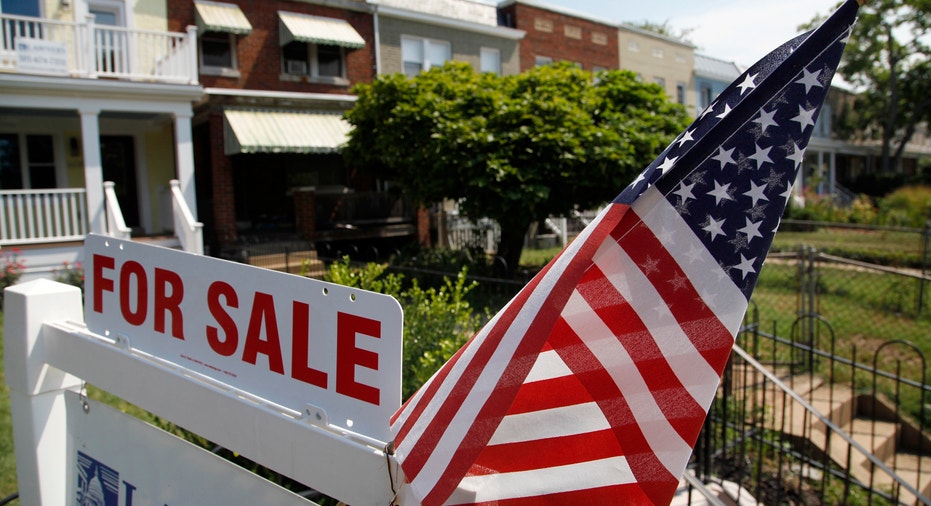Homebuilder Sentiment Slumps in January

U.S. homebuilder confidence faded a bit at the start of 2014, although most developers expected the housing recovery to continue, data from the National Association of Home Builders released on Thursday showed.
The NAHB/Wells Fargo Housing Market Index dipped to 56 points in January from a downwardly revised 57 in December. The December reading originally reported at 58 was the highest level since August.
Economists polled by Reuters had forecast a January reading of 58, with a reading of 50 or higher indicating more builders view conditions as good than poor.
"Following an unexpected jump last month, builder confidence has essentially leveled out and is holding at a solid level," NAHB Chairman Rick Judson said in a statement. "Many markets continue to improve and this bodes well for future home sales."
The home builder confidence index, which is seen as a proxy on housing construction, has been above 50 for eight straight months.
The Commerce Department will release its December housing starts data at 8:30 a.m. (1530 GMT) on Friday.
Economists polled by Reuters forecast developers broke ground for single-family homes and apartment buildings at an annualized rate of 990,000 units last month. This followed a November pace of 1.091 million units which was the strongest level since February 2008.
All three NAHB survey components fell in January from their December levels.
The measure on home builders' view on current sales conditions fell to 62 from a downwardly revised 63. The initially reported December reading of 64 was the highest level since December 2005.
The index on expectations on future sales fell 2 points to 60, while the gauge on traffic of prospective buyers declined to 40 from downwardly revised 43.
"Rising home prices, historically low mortgage rates and significant pent-up demand will drive a continuing, gradual recovery in the year ahead," said NAHB Chief Economist David Crowe. "However, the pace of the recovery could be stronger were it not for rising construction costs and inaccurate appraisals that are keeping some home sales from going through." (Reporting by Richard Leong; Editing by Chizu Nomiyama)



















